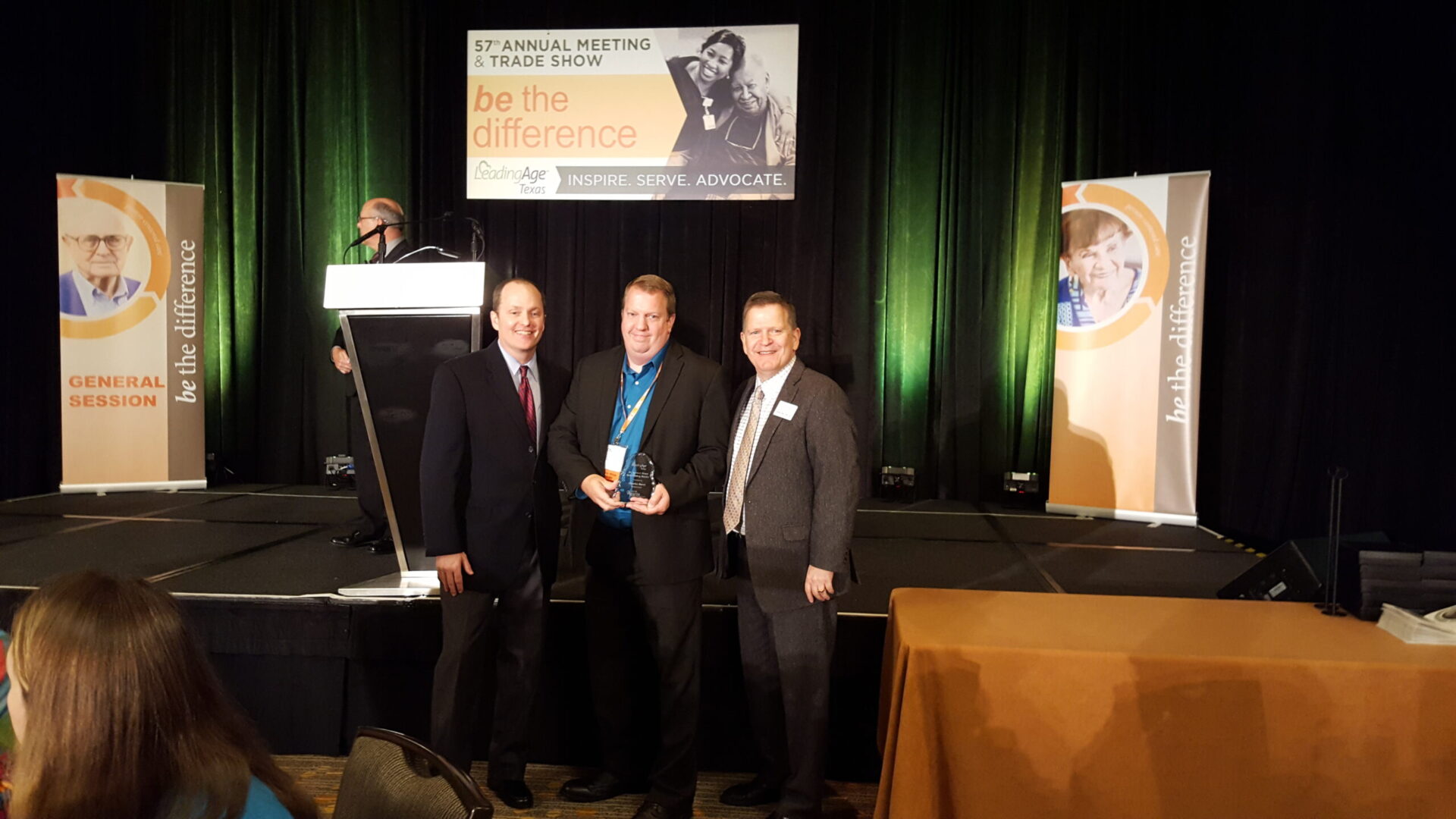Hydration Tips for Senior Adults

As temperatures soar in the summer, outside activities can increase your risk for dehydration. Not getting enough fluids can lead to serious health problems.
Why you could be at risk
With age, the body’s ability to conserve water is reduced and the sense of thirst diminishes. By the time someone actually feels thirsty, essential fluids could already be extremely low.
Certain medical conditions and medications can affect one’s ability to retain fluids. Those with dementia may forget to eat and drink. Drugs like diuretics, antihistamines, laxatives, antipsychotics and corticosteroids can cause frequent urination that depletes water and electrolytes. Those who experience incontinence often limit fluids in order to avoid accidents. Drinking plenty of fluids and eating foods with high water content are great ways to keep our bodies properly hydrated in the hot summer months.
Ways to Increase Fluid Intake
Water isn’t the only option. Most fluids count (except for alcohol) and many foods do too. Try using water enhancers, opt for pre-flavored waters, drink a half water/half juice mixture, or fruit-infused water.
Warm chicken, beef or vegetable broth can provide a savory source of fluids and electrolytes that seems more like a “meal” and less like a drink. For those who love sweets, popsicles, milkshakes and smoothies may be a great option.
Foods Can Be Hydrating, Too
Raw fruits and vegetables can be a great alternative to getting the proper amount of fluid intake. A small plate of cut vegetables, like celery sticks, cucumber slices, cherry tomatoes and bell pepper slices served with a healthy dressing or hummus for dipping can be a nutrition and fluid-filled snack.
Try adding a cup of fresh berries to your yogurt, cereal or evening dessert. Add slices of tomato and a few leaves of lettuce to wraps and sandwiches. These may not seem like meaningful additions, but every little bit adds up.
Remember, if you are spending more time outdoors, stay hydrated and take cooling breaks. If you feel overheated, dizzy, nauseated or are sweating a lot come back indoors and hydrate. If you are meeting with friends in the courtyards, take a beverage with you to stay hydrated and limit the amount of time you spend in the heat.




